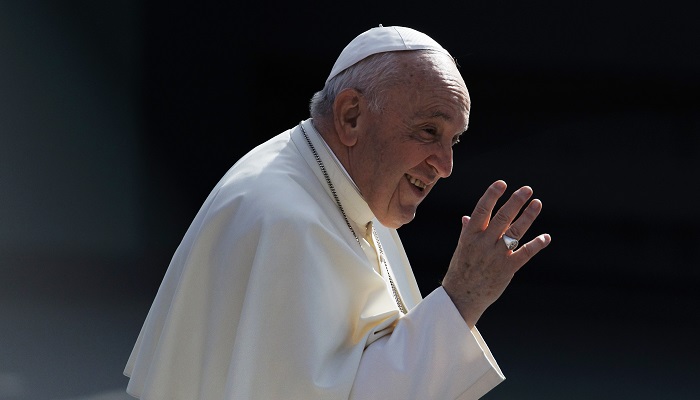Pope Francis Obituary, Death News – Pope Francis, the first pontiff from Latin America, passed away on Monday at the age of 88, marking the end of a transformative era in the Catholic Church. His death closes a chapter defined by significant changes in church tone and direction, particularly in regard to marginalized communities, social justice, and Indigenous reconciliation.
Born Jorge Mario Bergoglio in Argentina, Francis became the 266th pope in 2013, bringing with him a different perspective that set him apart from his predecessors. As the first pope from the Southern Hemisphere, he offered a fresh voice that resonated with millions worldwide, especially among communities historically overlooked by the Church.
One of Pope Francis’s most significant legacies will be his outreach and efforts toward reconciliation with Indigenous peoples, particularly in Canada. In July 2022, Francis visited Canada in a historic and emotionally charged trip that centered on acknowledging the Catholic Church’s role in the country’s residential school system. His heartfelt apologies and efforts to seek forgiveness from Indigenous communities were widely seen as an important gesture of healing, though they also sparked conversations about the Church’s responsibilities and the broader need for action.
Francis’s papacy will also be remembered for his efforts to shift the Church’s approach toward inclusivity. He made headlines for a more compassionate stance on LGBTQ+ individuals, famously saying, “Who am I to judge?” in response to a question about gay priests early in his papacy. Though the Church’s official doctrine remained unchanged, Francis’s tone represented a clear pivot from condemnation toward pastoral care and acceptance.
He was also a strong advocate for the poor, refugees, and immigrants. Throughout his leadership, Francis emphasized the Church’s duty to serve the most vulnerable, calling on the faithful to reject materialism and prioritize compassion, humility, and service. His papacy consistently focused on economic inequality, environmental concerns, and the global refugee crisis—issues he viewed as spiritual, moral, and social imperatives.
In Canada, his message resonated strongly. According to the 2021 Canadian census, Catholicism remains the country’s largest religious affiliation, with nearly 11 million people identifying as Catholic. Francis’s efforts to modernize the Church’s image and mission were welcomed by many Canadian Catholics, especially younger generations who saw in him a more relatable and humane religious leader.
Despite his age and various health challenges, Francis remained active in his duties until the final stages of his life. In recent years, his health declined significantly. He was often seen using a wheelchair or cane during public appearances, and he underwent multiple medical treatments. Most recently, he endured a 38-day hospital stay due to double pneumonia—a critical condition that brought him close to death.
His passing was not entirely unexpected, given his fragile state in recent months. Still, it has left a deep void among the global Catholic community and raised questions about the future direction of the Church. His body will be displayed in an open casket at St. Peter’s Basilica in Vatican City, allowing the public and world leaders to pay their final respects.
The process to elect his successor will soon be underway. Cardinals from around the world will convene in a conclave—a centuries-old tradition where they gather in secrecy to vote on the next pope. This decision will shape the Church’s future path, especially as it grapples with ongoing social challenges, internal reforms, and declining religious affiliation in parts of the world.
Pope Francis’s death is being mourned globally, with tributes pouring in from both religious and secular leaders. Many have praised his humility, courage, and unwavering focus on making the Catholic Church more inclusive and responsive to contemporary challenges. While his leadership did not go without criticism—particularly from more conservative factions within the Church—Francis nevertheless succeeded in making the institution more open to dialogue and change.
His legacy is a complex but impactful one. He will be remembered as a bridge-builder, a spiritual reformer, and a tireless advocate for those on the margins of society. Whether through his compassionate words, global travels, or symbolic gestures of reconciliation, Pope Francis leaves behind a Church that looks different than the one he inherited.
As the Catholic community and the world reflect on his life and leadership, Francis’s contributions to peace, unity, and justice will continue to influence conversations within the Church and beyond. His passing marks the end of a remarkable papacy, but the spirit of his reforms may shape the institution for generations to come.


 Referral link
Referral link